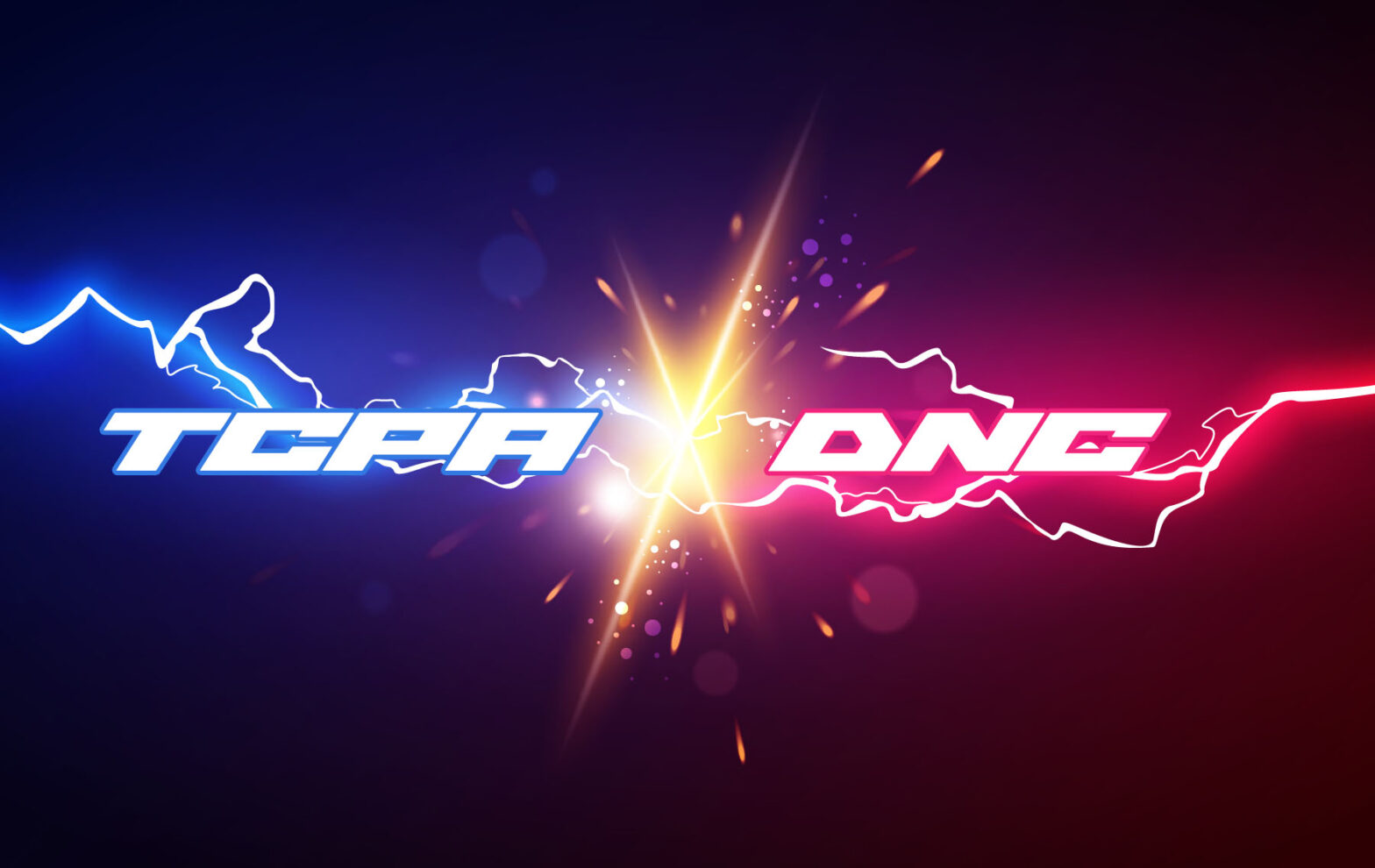The practical consequences of telemarketing regulation and the outcomes of telemarketing litigation often turn on how key terminology in regulatory legislation and rules is interpreted. As seen with the ongoing debate over how to interpret the Telephone Consumer Protection Act’s (TCPA) definition of “automatic telephone dialing system (ATDS),” this can be an issue even with terms that are explicitly defined in federal statutes. For a term such as “robocall” that lacks a clear definition, this can be significantly more complicated.
Tag: FCC
2021 TCPA Compliance Trends
There’s been a trend in outbound sales and lead generation over the last few years. You might describe it as a gradually constricting strangle on the ability of outbound call centers to actually get through to consumers. It’s no secret that this trend runs a parallel course with the trends of increasing TCPA compliance restrictions and other FCC led efforts to shield consumers from telemarketing abuse.
One Year Later: Tracking the Implementation of the TRACED Act
December 30, 2020 marks the one year anniversary of President Donald Trump signing the Pallone-Thune TRACED Act into law. The law, whose name is an acronym for Telephone Robocall Abuse Criminal Enforcement and Deterrence, is the first major federal telemarketing legislation in more than a decade. An addition to the Telephone Consumer Protection Act (TCPA),… Continue reading One Year Later: Tracking the Implementation of the TRACED Act
FCC Fines Telemarketer $10 Million for Caller ID Spoofing
The Federal Communications Commission (FCC) levied an enormous fine against a San Diego-based telemarketer for violations of the Truth in Caller ID Act. The $10 million fine arises from a robocall campaign related to a 2018 election for a seat in the California Assembly. The FCC announced that Ken Moser and his company, Marketing Support… Continue reading FCC Fines Telemarketer $10 Million for Caller ID Spoofing
Is the TCPA Only for Cell Phones?
The TCPA regulates all sorts of telemarketing activity, including calls to every type of phone number. This article will explain how the TCPA’s restrictions on the use of an automatic telephone dialing system (ATDS) to call cell phone numbers fits into the law’s overall regulatory framework.
What Is TCPA Express Consent?
The most essential rule for avoiding Telephone Consumer Protection Act (TCPA) violations is to obtain the express consent of the called party before placing automated calls, text messages, or faxes. There are two kinds of consent: prior express consent and prior express written consent. Which kind of consent is required of a caller varies depending on the purpose of the call or text. But some sort of consent is always required.
What Is TCPA Compliance?
This article will explain the main provisions of the Telephone Consumer Protection Act (TCPA) with which callers must comply, outline why compliance is so important, and offer some best practices for compliance.
What Are the Penalties Associated with TCPA Violations?
While the Federal Communications Commission (FCC), Federal Trade Commission (FTC), and state attorneys general also have enforcement powers, the Telephone Consumer Protection Act (TCPA) is primarily enforced through its private right of action, allowing individuals to bring suit under the law. The original intent was for this right to be enforced in small claims court.… Continue reading What Are the Penalties Associated with TCPA Violations?
TCPA vs. DNC
Telemarketing compliance is made difficult by the byzantine nature of telemarketing regulations. Any marketer can be forgiven for struggling to keep track of the varying levels of laws, regulatory agencies, and other enforcement mechanisms. However, there are two acronyms that loom large enough in the regulatory landscape that everybody knows them, even if they don’t really understand what they mean: TCPA and DNC.
Court Allows One Call TCPA Class Action to Proceed
If there is one constancy in Telephone Consumer Protection Act (TCPA) litigation, it is its inconsistency. Differing jurisdictional precedents; differing interpretations of dialing technology; and evolving, sometimes contradictory Federal Communications Commission (FCC) rulemaking combine with the usual idiosyncrasies and vagaries of the court system to produce a legal ecosystem in which one court can rule… Continue reading Court Allows One Call TCPA Class Action to Proceed









